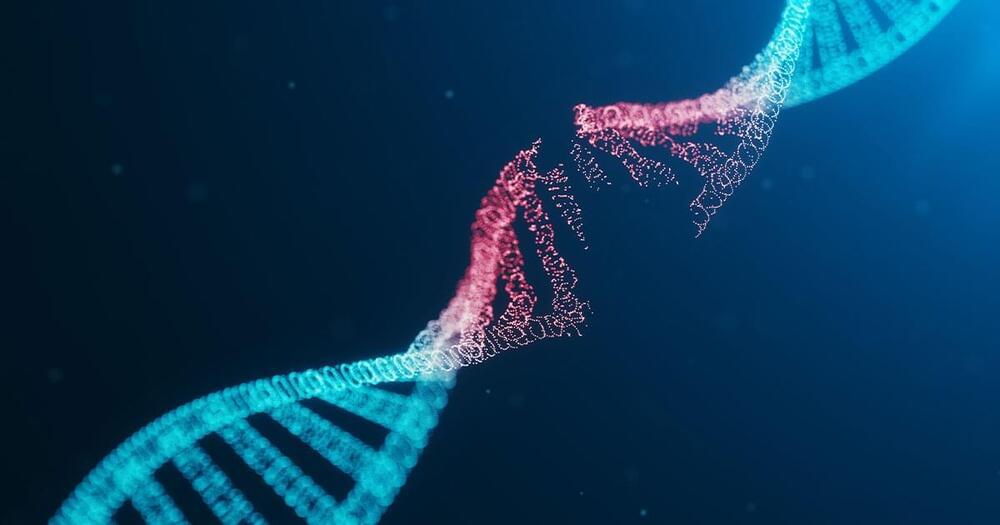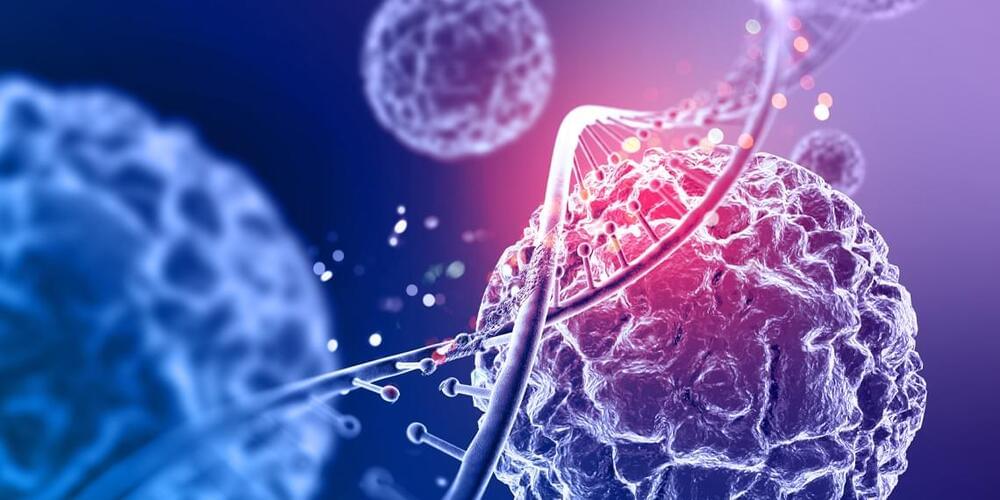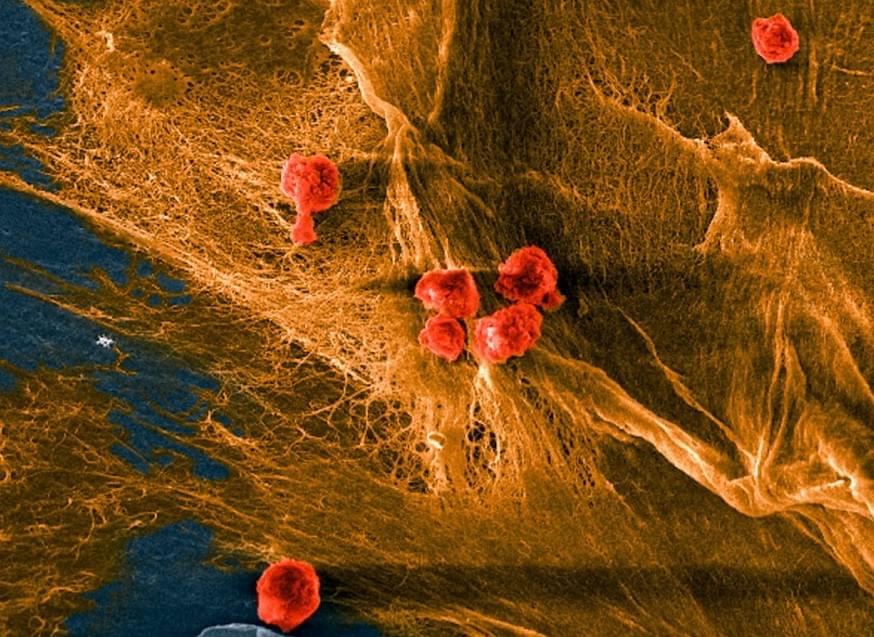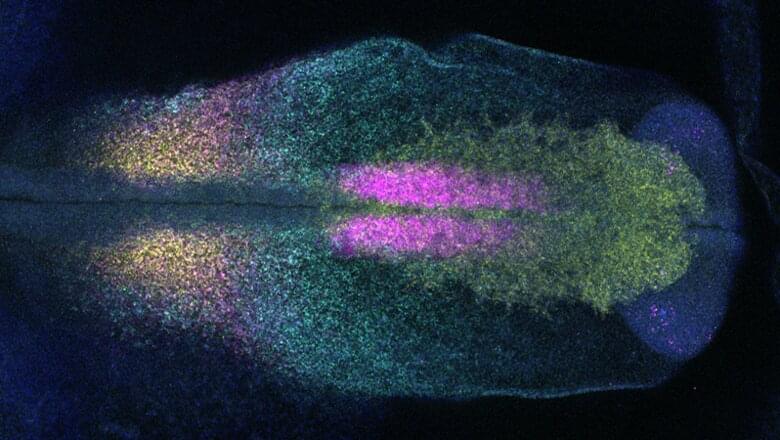Can the sum of knowledge and experience we’ve accumulated over a lifetime live on after we die? The concept of “mind-uploading” is a modern version of an age-old human dream. Transhumanism hopes to not only enhance human capacities but even transcend human limitations such as bodily death.
The main character of Oscar Wilde’s famous novel The Picture of Dorian Gray wishes for eternal youth. And his wish is fulfilled: Dorian Gray remains young and exquisitely beautiful, whereas his portrait grows old, bearing the burden of aging, human shortcomings and imperfections. As we know, the story ended badly for Dorian.
In our time, scientific discoveries and new technologies promise to bring us closer to his dream. And no deal with the Devil is needed for doing so: once we understand how to manipulate the building blocks of life as well as the material foundations of our consciousness, emotions and character traits, so the story goes, we will be able to broaden human nature and overcome its inherent limitations such as aging, suffering and cognitive, emotional and moral shortcomings.





